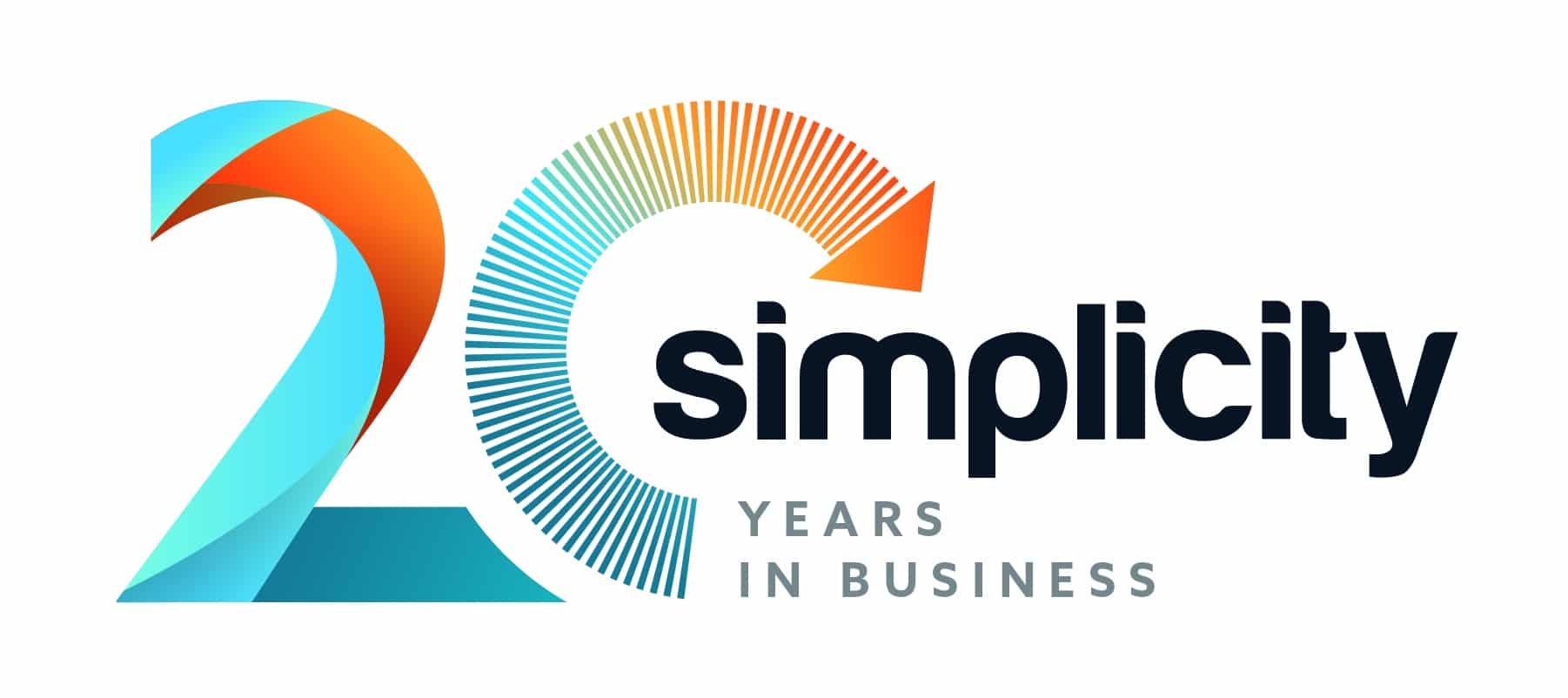Different Recruitment Business Model To Fit Your Business: Building A Profitable Recruitment Agency
If you’re a new founder of a recruitment business or an experienced Director considering restructuring, the foundations you need to achieve your company goals will be affected by the recruitment business model you select.
The ideal business model for recruiting will;
- Make it simpler to prepare for future growth.
- Provide you with more precise forecasting.
- And make it easier for you (and your future staff) to concentrate on making deals.
We’ve listed seven alternative methods for setting up your recruitment company.
The Contingency Model
Most agencies use the contingent recruitment business model to provide customers with a no-placement, no-fee service.
The payment structure charges between 15% and 30% of the placed applicants’ basic salary. They will compete with several other agencies to find the best applicant first. Therefore, the outcome is determined more by how fast the task is completed than by its quality.
Although this model appears to be a high-risk strategy, the returns may be tremendous. You’ll generate money if you’re at the top of your game and can change direction. However, if you want to grow, you can have trouble finding high-performing recruiters, as this depends on skills and responsiveness.
According to The Recruitment Network, this business relies on top billers and has a 19.7% success rate. The model can work for you if you’ve created a successful 360 desk and are searching for a lifestyle business. However, it contributes to the industry’s bad reputation. It leaves recruiters little time to reply to prospects, unreliable clients, and recruiters who only focus on getting paid. There is only a 1/5 chance you will make any money from each position you work on.
Exclusive Search
Exclusive search is a model based on an agreement between the client and the recruiter. There is no placement or pay, but there is a deadline by which the recruiter must give results. The client has the right to work with other recruiters who might be able to fill the position. They can charge a lower commission if the recruiter cannot do so by the agreed-upon deadline.
The primary advantage is that the recruiter has more time to identify the ideal candidate. According to The Recruitment Network, working exclusively increases your likelihood of placing a job by 63.4%. As a result, the client receives a particular, well-thought-out service. As a result, the applicant receives the care and attention they need, and the recruiter has a stronger chance of placing the post.
Preferred Supplier List (PSL) Or Volume Recruitment
PSLs, or preferred supplier lists, are used by larger businesses or businesses experiencing hyper-growth. This is to grow without dealing with dozens, often hundreds, of business development calls.
Recruiters can fill positions better by reducing the number of agencies the client works with while preserving competition. Having experience in the field and a track record demonstrating your worth is essential if you want to get accepted onto a PSL. You’ll have to lower your standard charge to get many jobs from your clients. Also, scaling an agency is simpler with this model since you will know how many openings to anticipate from one client.
The drawback of the volume recruitment or PSL strategy is that each requires a tender. So, it is crucial to consider the administrative costs associated with tendering input and revenue output. This model is often based on a dependent model, which only has a success rate of about 20%.
Executive or Retained Search
Retained or executive search is a “rare” way of conducting business in the recruiting industry. This strategy is often divided into three payments: an upfront fee to start the search, a second fee to select candidates, and a final fee based on an accepted offer modified to reflect the candidate’s basic wage.
Retainers give recruitment agency owners a stable, consistent cash stream. Enabling them to make more accurate estimates and lay the groundwork for a more scalable operation. Also, your relationship with the retained client will help you access new business through referrals.
According to TRN, the success rate of a retained search is 97%. Making this model a lucrative and alluring option to start a recruitment business for those willing to pursue it.
Recruitment Process Outsourcing (RPO)
Recruitment Process Outsourcing is when a client outsources the complete talent acquisition function to an outside recruitment agency. RPO offers a comprehensive hiring solution, generally with recruiters on the client’s site. RPO is considered a more integrated method of managing a recruitment business. Customers would want an RPO provider to build or reinterpret their hiring procedures, put technology in place, and acquire candidates for the company. The relationship between the client and the RPO provider is more strategic, programmatic, and not transactional. The RPO provider acts more as a consultant than a standard recruiter. Due to these factors, larger businesses use RPO services to help their internal hiring efforts and increase their long-term scalability and sustainability.
RPO is not for transactional recruiters. Instead, it aims to establish long-lasting client relationships and contribute to the company’s strategic planning.
Success is determined not by the number of employees a client recruits. But by the ongoing reduction of their attrition rates, time to fill positions, cost per hire, etc. You will work with customers for several years while improving their internal operations.
On-Demand Recruiting
The on-demand recruiting business model is based on project- or hourly-based billing. It’s a client renting a recruiter to expand their in-house team. Making it especially well-liked with organisations experiencing hyper-growth. Flexible by design, clients can select the specific service they want, such as applicant sourcing, candidate pipeline management, interviewing, etc. An on-demand recruiter collaborates on-site with the client and is an extension of their team and business.
The on-demand model is intended to increase the capacity of an internal team. Startup companies, companies with irregular hiring patterns, businesses in competitive markets, and organisations experiencing unpredictable growth can all benefit from the flexibility and scalability of this model.
Recruitment-As-A-Service (RaaS)
In essence, recruitment as a service (RaaS) is a managed service business model based on contracts. By eliminating the commission-based incentive, customers feel they are getting greater value. Also, it enables recruiters to establish and maintain long-term relationships with clients. With this model, the client receives the advantages of utilising a typical agency. Such as rapid turnarounds and access to a big talent pool, while the recruiter receives a guaranteed monthly income stream. This paradigm makes scaling an agency simpler since forecasting and cash flow are more predictable. Additionally, it enables recruiters to streamline their workflow and communication. By running their business as a managed service, recruitment entrepreneurs may tame their income fluctuations and create enduring relationships with applicants and clients.
In the end, no recruitment strategy is “better” than another. However, there will be models that better establish the environment for such results than others, depending on your lifestyle, vision, and ultimate company ambitions. The best recruiting business model for your company will be clear if you can sit back and consider what you want to accomplish.
Read our latest blog, Most common mistakes made by startup recruiters.



